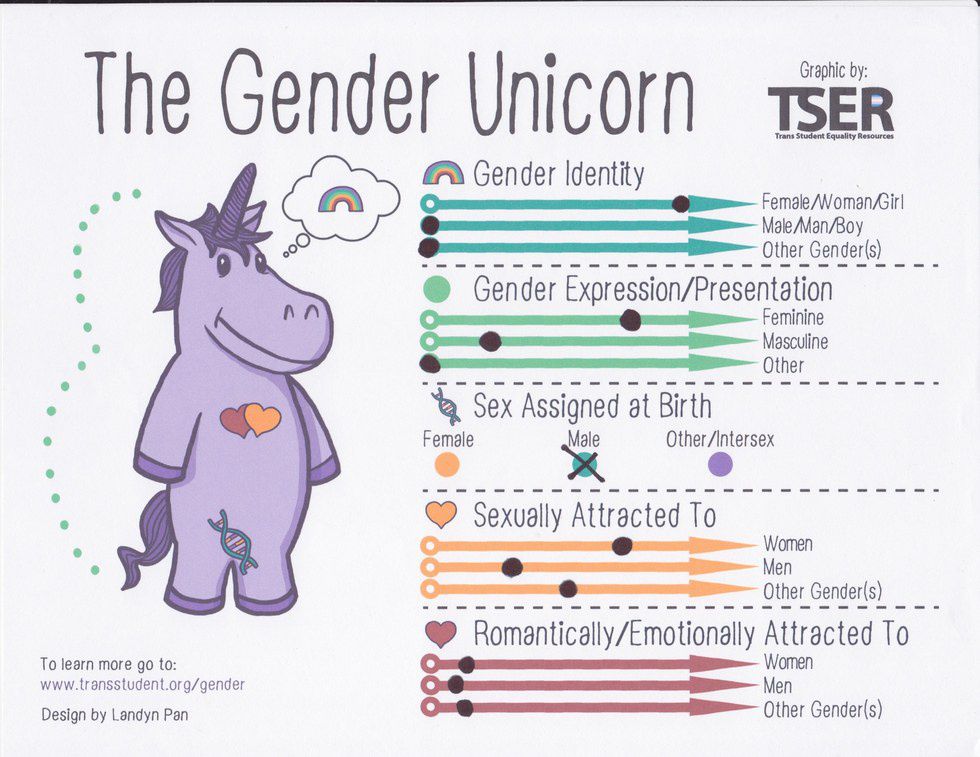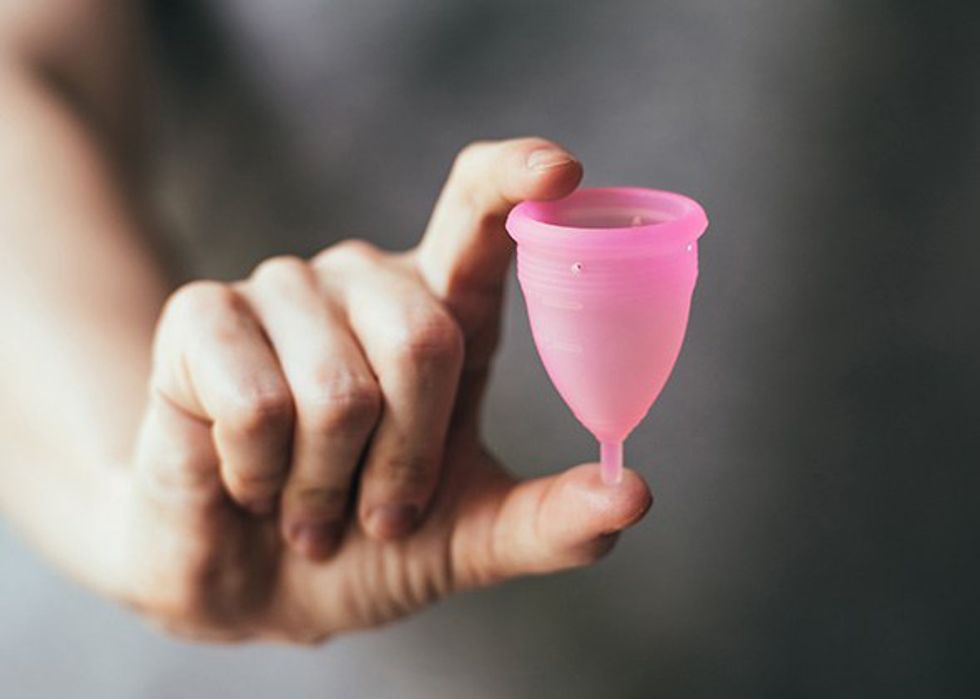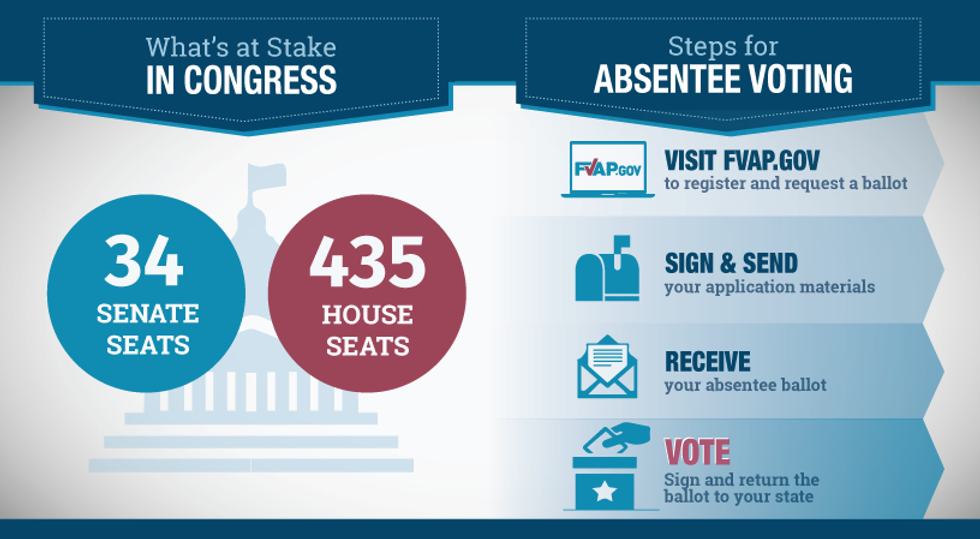As human beings, we have an inherent right to know about our bodies, including how to make them feel good as well as how to do the exact opposite. Young people across the nation are more aware of their bodies and how to experiment a little more safely, with pregnancy rates continuously going down; STD/STI rates, however, are at an all-time high, according to the CDC. To make matters worse—many young people are going into adulthood confused about sexuality, sexual activities, and some non-sexual things that they cannot control like menstruation. While some opponents argue that education on sexual and gender minorities can complicate things and even corrupt our youth, many clinical professionals and other Americans would agree we need more reaffirming and even secular education on these topics in our public schools.
Psychologists have proven that bisexuality is just as normal as heterosexuality and homosexuality, and many gender scholars predict if we lived in a more accepting society, more people would feel free to think and act upon bi-curious thoughts. Living one's life more genuinely to who they truly are can alleviate stress and depression, allow people to connect over shared personality traits, and even develop closer relationships. Given this, is it truly "corrupting" to young people to possibly figure themselves out as human beings rather than pre-programmed machines?
Our nation still largely supports abstinence-only or abstinence-centered sex education and even spends more than $100 million on these programs, despite that they have been proven to be ineffective. Dr. Cora Breuner calls it as putting religious freedoms above general public safety and health—something often found unconstitutional. The same CNN report by Armstrong references that comprehensive and inclusive sex education programs increase condom use, reduce STI transmission, and decrease anxiety for the dreaded "first time," and for young people to talk to elders like their parents. Some people are calling to include pornography in comprehensive sex education curriculum that way students can think critically about the truths and flaws behind these depictions. Youtube right now has more potential to teach females about their periods than sex ed courses.
The best part of this major flaw in our system: an election is coming! With 88% of congressional seats up for reelection, now is the time to elect people that will advocate for these causes. URGE and many other groups listed here are fighting for the cause of comprehensive and inclusive sex education in public schools, and getting involved is incredibly easy. Being politically active is not just the way to bring this area of teaching into public schools, but the only way to be an active and virtuous citizen of the United States.






 Photo by
Photo by 














